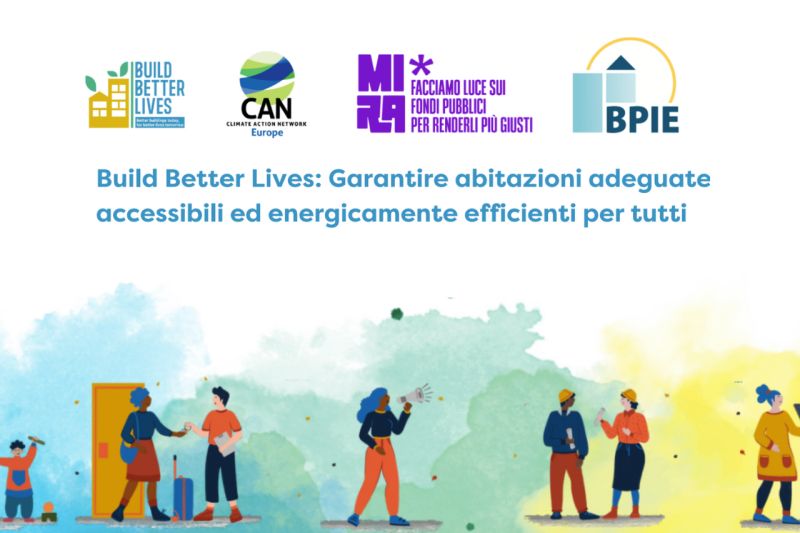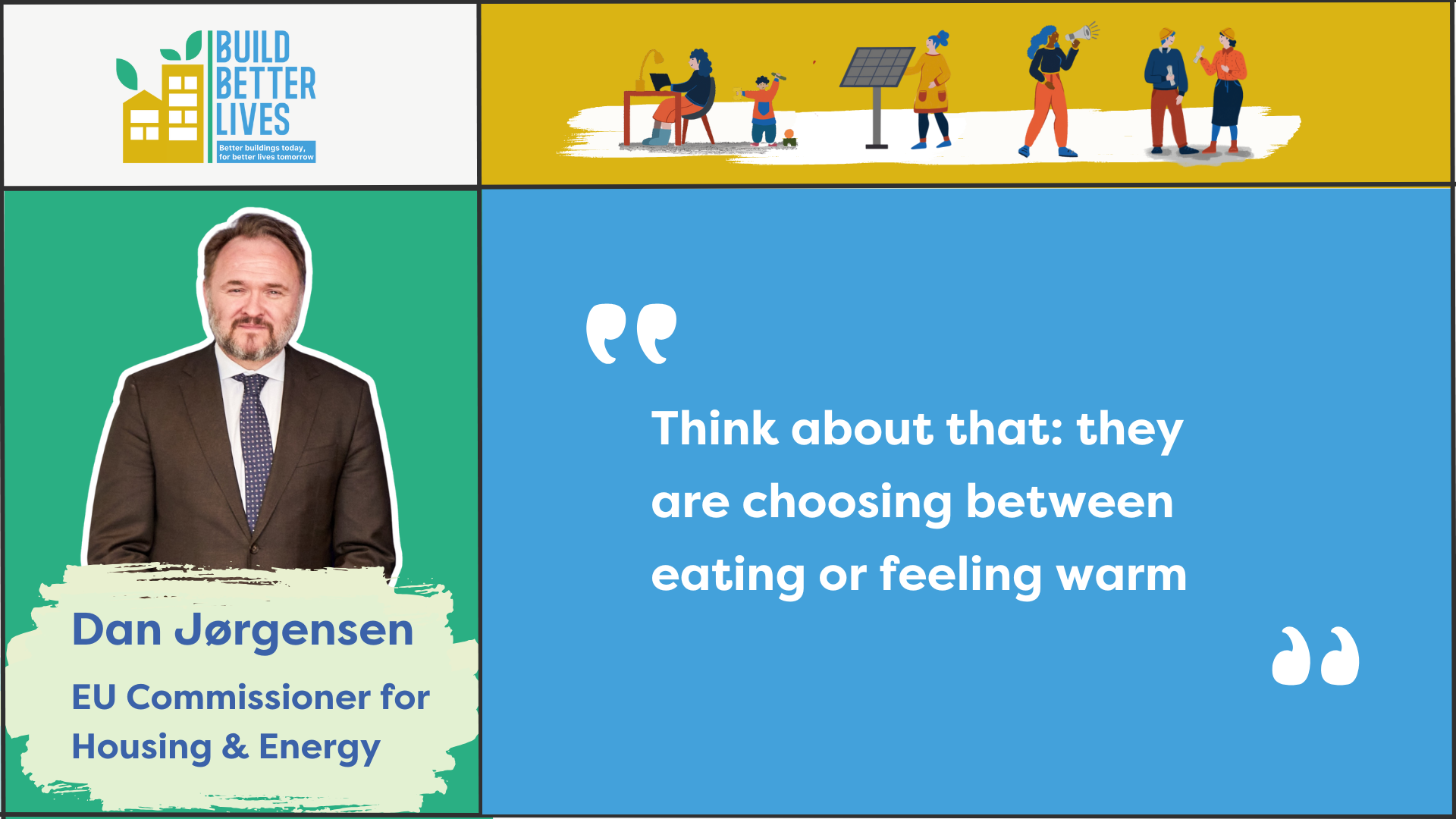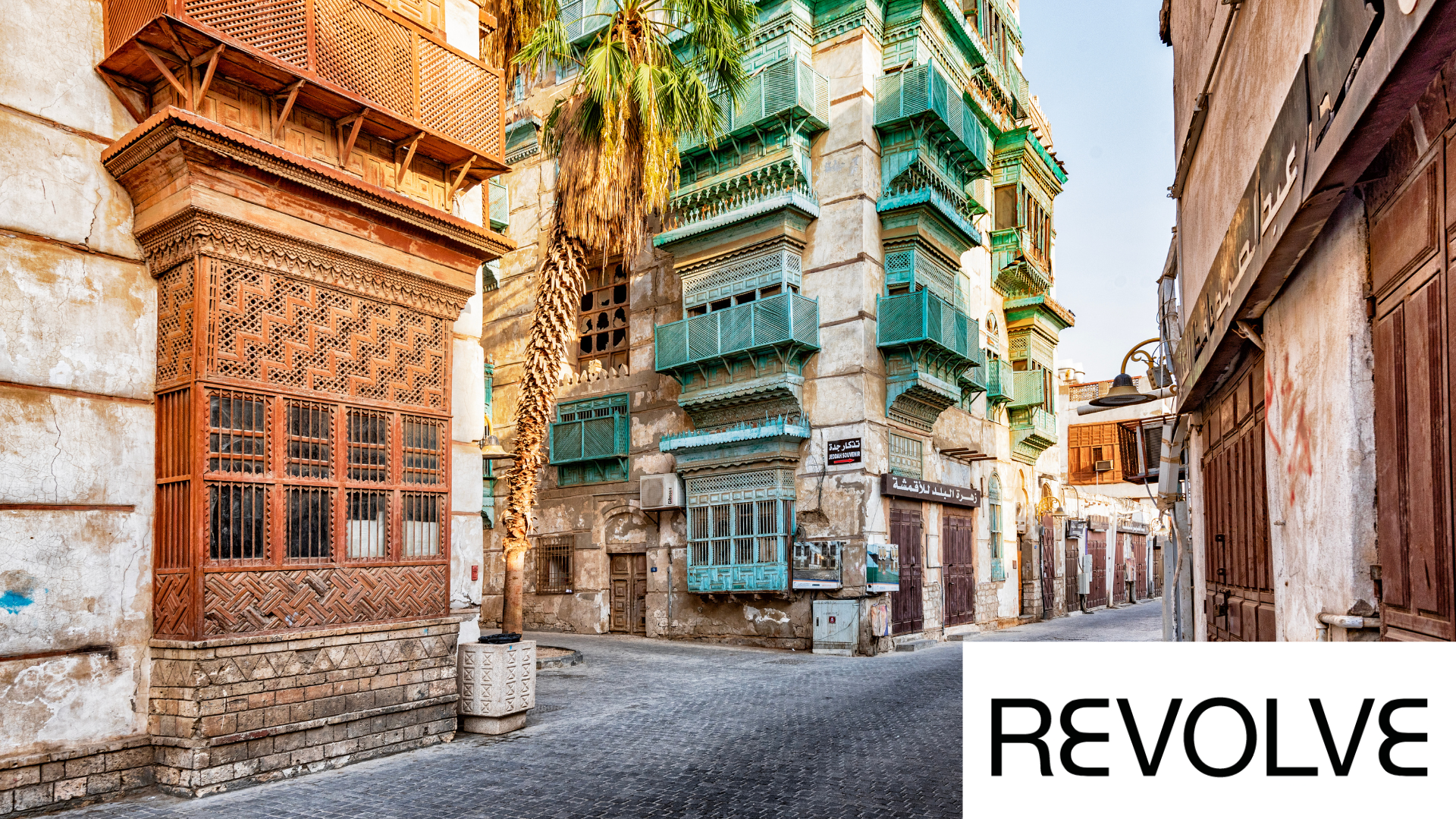
Extreme drought in Summer, floods in Autumn, cold winters…anxiety, asthma, arthritis…for people in some parts of Europe, energy poverty has become an all-year-round worry. Many people find it difficult to live within their homes due to these health risks, even some would rather spend their time in a warm bus or in the public library.
Hans (German) and Maica (South American) are in that situation: they live together in a rented flat near the beach in Valencia (Spain). Members of the WELLBASED project met them during home visits in the framework of the research and intervention program. Hans’ 8-year-old son lives with them half of the time. Their house is cold and humid during winter, they do not have a heating system in the flat and must use electric radiators that they move from one room to another and electric blankets to keep warm, which use a lot of energy. The flat is also very hot in summer as it is badly insulated and has many draughts.
They are afraid that the rent will go up if any renovation of the building is carried out. As Maica gets old, she suffers more from joint pain during winter due to the humidity and cold. They have not yet applied for a social tariff but would like to do so. They try to save as much energy as they can to spend as little as possible and because they are very aware of climate change.
Through the EU-funded WELLBASED project, a team of city practitioners and researchers wants to change the lives of Hans, Maica and so many others. Through research and energy efficiency intervention in pilots like Valencia, but also Leeds (UK), Heerlen (Netherlands), Edirne (Turkey), Jelgava (Latvia) and Obuda (Hungary), the project will monitor the impact of different measures for energy poverty on the physical and mental health and wellbeing of participants. Future research will also include cost-effectiveness analysis of the different interventions for energy poverty implemented in these pilot cities.
There are no more excuses for political action that fails to address the links between public health and energy access: health problems can be symptoms revealing energy poverty (and vice versa). In short: we need a health-proof energy system!
We shouldn’t forget: Energy poverty and health inequalities are the same battle. It’s by improving Europe’s housing stock that we can tackle both. This requires policies – from the EU to the local level – that are designed for the most vulnerable households taking into account their personal conditions, motivations and constraints! Decision-makers should:
- Use health problems as a means of identifying people with additional energy needs and make sure programs are in place to address these;
- Connect energy poverty and health targets in early stages of planning, i.e. embed both in strategic plans such as the National Energy and Climate Plans (NECPs) or Sustainable Energy and Climate Action Plans (SECAPs) (using appropriate indicators, identification of those most affected and systematic monitoring);
- Create working groups (esp. at local level) of energy and health players to push forward the agenda (including health, social care and energy actors);
- Provide support and means to regular and widespread energy audits and other energy advice services, especially targeting people in vulnerable situations to speed up renovations according to the “worst first” principle.
Let’s face it: No one wants to live in a cold or overheated place! Energy poverty has disastrous impacts on health. An efficient EPBD will improve the homes of millions of Europeans and improve millions of people’s wellbeing.
Learn more about WELLBASED, funded by the Horizon 2020 program: www.wellbased.eu


